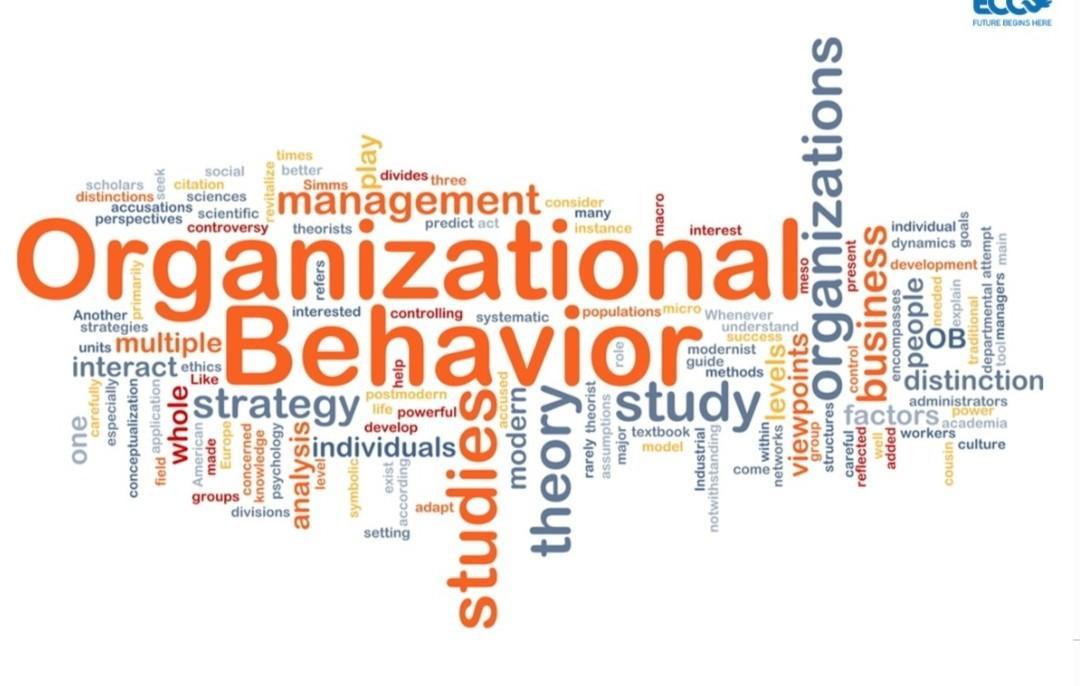
HUMAN BEHAVIOR IN ORGANIZATION - BSE 2D
The course introduces the students to the factors affecting the behavior of individuals and groups in organization focusing on the specific factors that tend to explain behavior of individuals, groups, and organizations. Various theories and models of organizational behavior, work group behavior, motivation in life and work, and human relations among others are discussed and related to organizational practices and phenomena.

Fundamentals of Business Analytics
This
course provides students with an overview of the current trends in business
analytics which drive today’s business. The course will provide an
understanding of data management techniques that can help an organization
achieve its business goals and address operational challenges.

Business Plan Preparation for BSE3B
This
course which will teach students to prepare a complete and effective Business
Plan that can be adapted to a business. Areas covered in the Business Plan
include business research process, idea generation, and implementation. The
course will also add elements of Social Entrepreneurship and its concepts. At the end of semester, the students should
be able to prepare a business plan covering the features of a feasibility study
and a business plan including marketing, operations, personnel and financial
plan. Requirements in manufacturing and services sectors will be
differentiated. A comprehensive marketing plan of a particular project shall be
expected as a major output required by the course.

